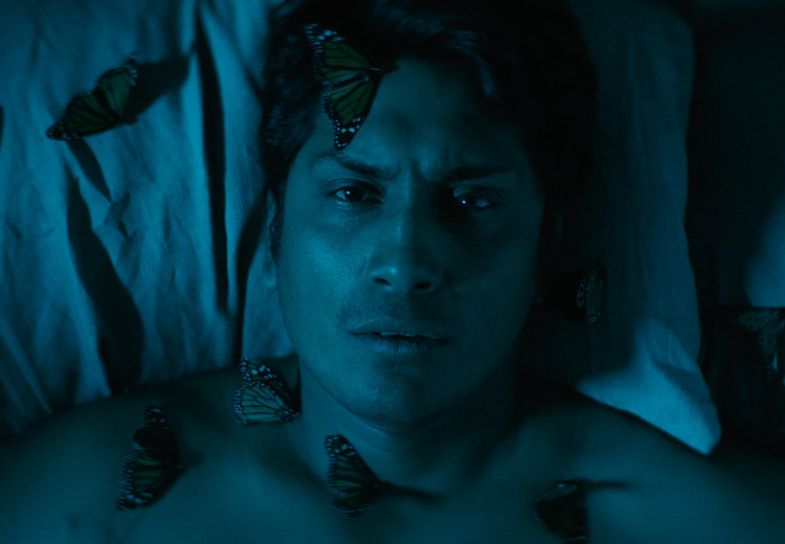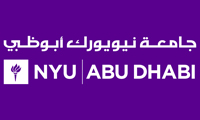
NYU Abu Dhabi professor uses his knowledge of science and the arts to create interdisciplinary projects with real-world implications
Universities that promote interdisciplinary learning and research are better preparing their students for the real world, says Alexis Gambis, assistant professor of biology, film and new media at New York University Abu Dhabi. Gambis’ work bridges the gap between the arts and sciences. “Hybridising” disciplines, such as biology and cinema, “actually prepares you better for the world out there because the world is so interesting and so interdisciplinary”, he says.
His latest film, Son of Monarchs, recently debuted on streaming service HBO Max, and addresses themes of identity and migration through a scientific lens. At the 2021 Sundance Film Festival, the film won the Alfred P. Sloan Foundation Feature Film Prize for a science and technology-focused film. “Every time I make a film, it is about actual science happening today that is then transposed into a fictional setting,” Gambis says.
Son of Monarchs investigates the genetics of colour and patterning in butterflies. “To make a film about it, I have to be in those labs, have to talk to those scientists,” Gambis says. A biologist by training, Gambis can speak the language of both cinema and science. The lines between disciplines are “slowly being dissolved”, he says – something that is happening organically at NYU Abu Dhabi.
Founded in 2010, NYU Abu Dhabi is a liberal arts college in the UAE, which also acts as a degree-granting portal campus of New York University in the United States. “It’s a relatively new institution,” explains Gambis, “and there’s more flexibility in crossing those [disciplinary] bridges.” The institution’s international focus makes it a crucible of ideas. “There’s an international body of students and faculty from all over the world,” Gambis says. “It definitely opens…a desire to break down those boundaries.”
NYU Abu Dhabi includes this international, interdisciplinary mindset in its courses and the extracurricular and exchange opportunities it offers students. “It’s about getting a global education,” Gambis says. For example, students will not only learn the history of film in America or Europe but also Middle Eastern cinema. The same cultural diversity extends to understanding how science is taught and engaged with in different settings, he says. “All of that enriches their experience and makes both faculty and students understand that in these fields, they are very much enriched by their surroundings.”
NYU Abu Dhabi’s relatively small campus encourages collaboration, both within the university and beyond its borders. Gambis has collaborated with other institutions and organisations working in the environmental space in Abu Dhabi. From mangroves to endangered species, he has used his interdisciplinary knowledge in visual projects to highlight environmental issues in the region. Communication and science education are at the heart of what he does. “I am a crossbreed of the two worlds,” he says. “A lot of my work is in science education, especially in teaching biology and using film as a means of teaching students different topics in science.”
In 2008, Gambis founded the Imagine Science Film Festival, where filmmakers showcase science films, discuss the role of science in film and are invited to share their knowledge and experiences. Gambis is passionate about bridging the two disciplines and encouraging others to do the same. “We need more teachers who can show [students] the example,” he says.
To find out more about Son of Monarchs, visit sonofmonarchs.com
For more information on the Imagine Science Film Festival, visit https://www.imaginesciencefilms.org
To learn more about NYU Abu Dhabi, visit https://nyuad.nyu.edu
